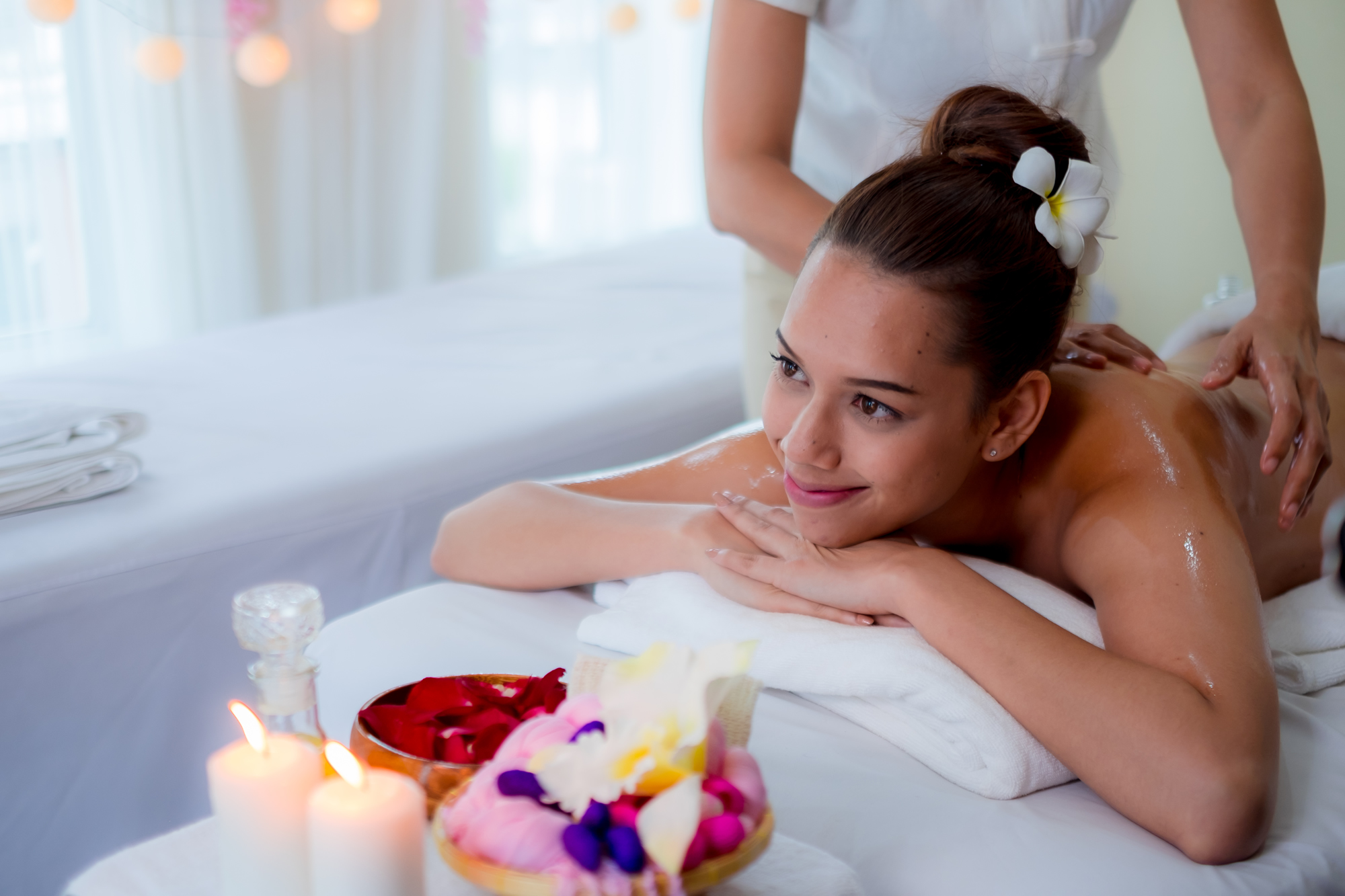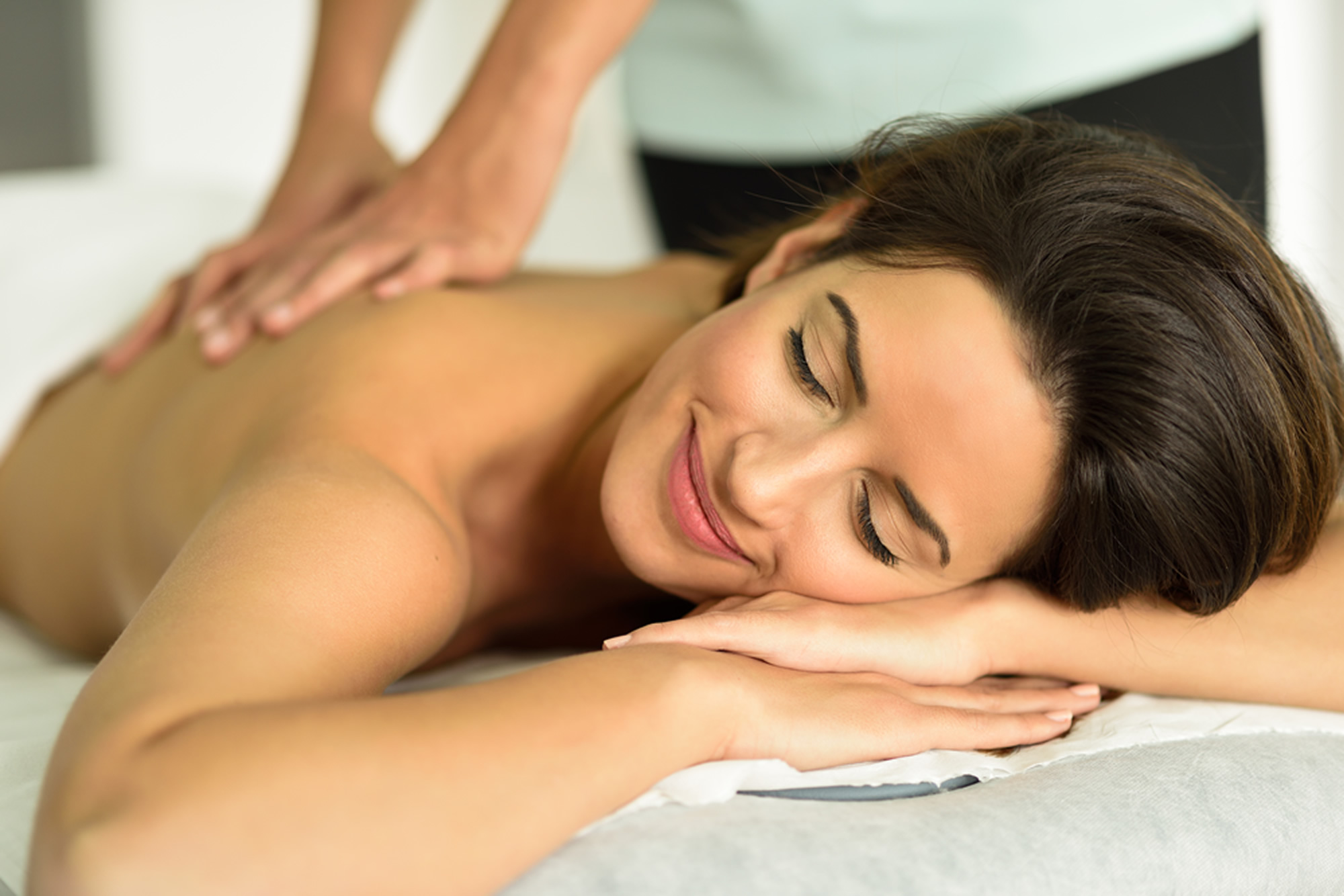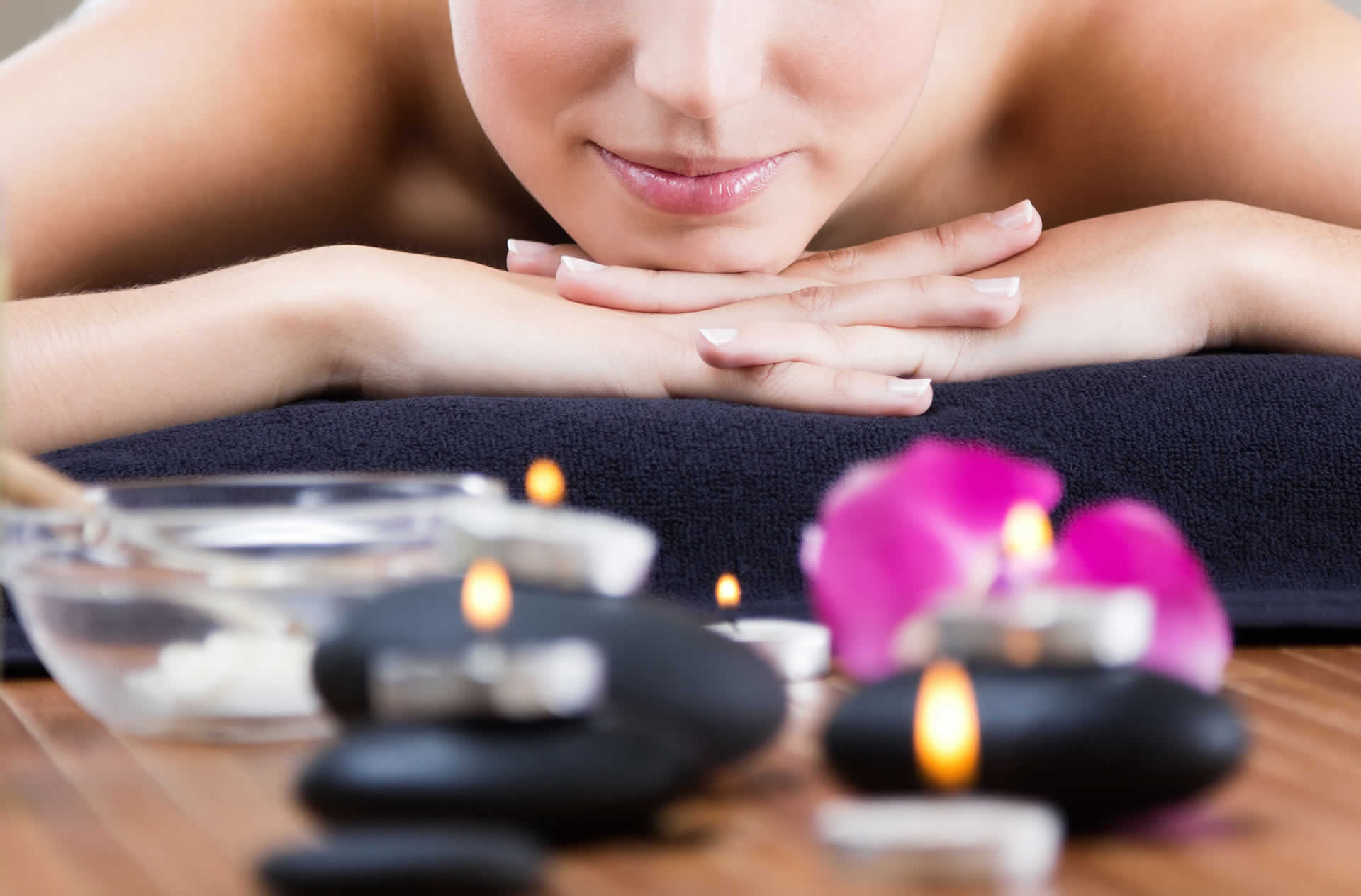You will encounter many different forms of massage depending where around the world you travel. However in this modern age, you can probably find all significant forms of massage within a close proximity.
[vc_row][vc_column][vc_column_text]There are many reasons to indulge and get a massage. Well-designed studies have shown that massage can reduce levels of stress hormones, such as cortisol, improve joint function and reduce pain in people with osteoarthritis, temporarily reduce muscle soreness after hard exercise, and speed healing of sore, overworked muscles by reducing inflammation and otherwise amplifying the muscle cells’ repair process. What no persuasive science has shown is that massage releases toxins that then need to be flushed away. “I am unaware of any studies that support that idea,” said Dr. Adam Perlman, the executive director of Duke Integrative Medicine in Durham, N.C., who has conducted studies of massage. “Of course, I’m also unaware of any studies that disprove the idea.” “It’s possible that there might be an increase in certain metabolites after a massage,” Dr. Perlman said. But these molecules are byproducts of normal metabolic activity, are not toxic, he said, and do not need to be flushed away. As for the widespread belief that massage can help to remove lactic acid from sore muscles, “there’s pretty good evidence now that lactic acid is not harmful,” Dr. Perlman said. And a 2010 study found that post exercise massage didn’t remove lactic acid effectively anyway. But these findings do not mean that people shouldn’t down a glass or two of water after a massage. “It’s a good idea to stay hydrated,” Dr. Perlman said. “The bottom line,” he said, “is that while we don’t know that drinking water after a massage is helpful, it’s not likely to be harmful. So if you feel like it, drink up.”[/vc_column_text][/vc_column][/vc_row]







Leave a Reply
You must be logged in to post a comment.